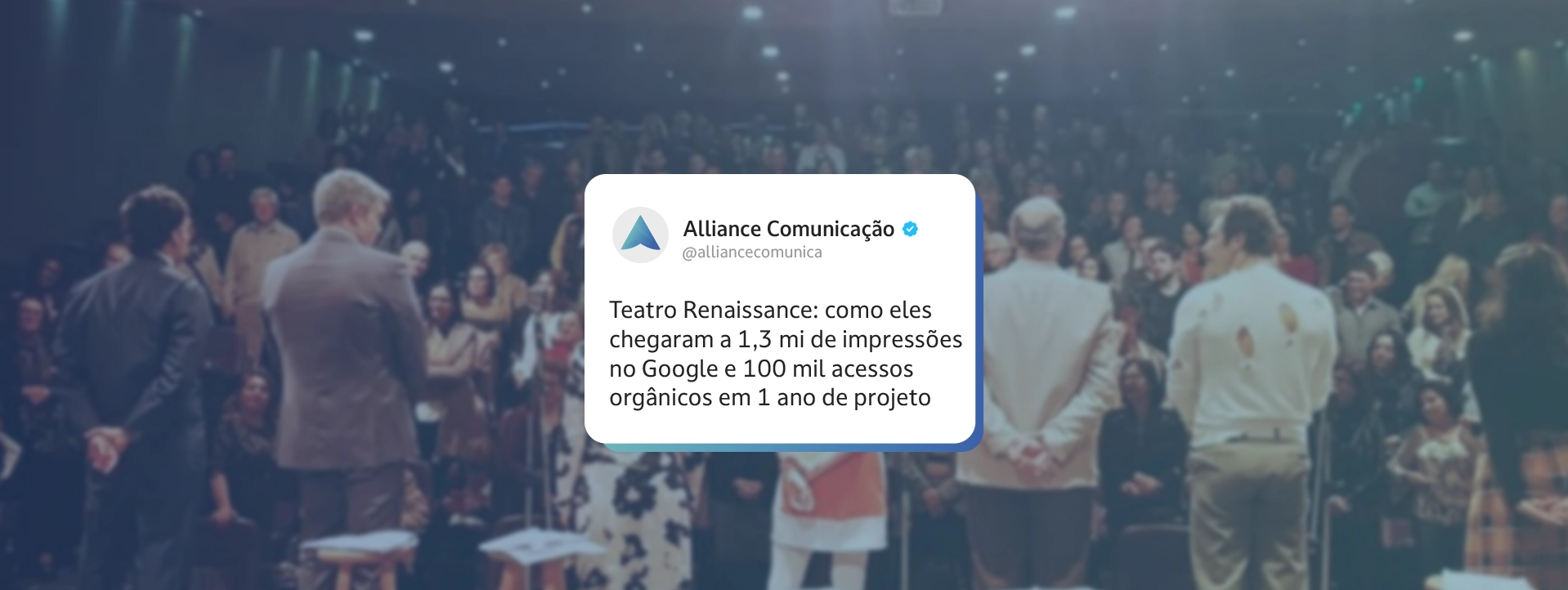On March 17, 18 and 19, the first edition of Expo Favela Innovation 2023 took place in São Paulo, which promotes in several Brazilian states the meeting of entrepreneurs and startups from favelas and suburbs with asphalt opportunities. That is, with investors who feel attracted by the projects to make them grow.
Expo Favela featured lectures, workshops, exhibitions, business roundtables, technology niche startup pitches, gastronomy, handicrafts, artistic presentations, in addition to initiatives developed with the main support of the Central Única das Favelas (CUFA).
Exhibitions, stands and camelódromo
The event was divided into floors of the WTC Events Center and had visitation options for all tastes. Among which stood out:
Camelódromo: specific location at the event for selling handcrafted items (clothes, toys, food).
Ballroom Fair: space for brands and companies at the event (Globo, ifood, Senai...).
Favela Exhibition: place destined to the appreciation of photographs taken in the daily life of the communities of São Paulo. An example of this is the iconic photo of the luxury condominium and community of Paraisópolis.
Literary Favela: space for the exhibition and sale of books by peripheral authors and "literary tallow" with general works.
Favela Museum: thematic place with phrases, photos and words of affirmation that refer to daily life in the communities.
Favela Games: themed place where visitors to the event had access to an interactive space with arcades, an exhibition of Marvel and DC Comics collectibles, in addition to the possibility of having fun with consoles from different manufacturers.
Expo Favela 2023: lectures
Throughout the days of the event, several lectures involving technology, female empowerment, racial and class issues, social media and communication took place. Among them, we highlight:
Female participation in Science and Technology as Social Transformation in the Favela


In the panel “Women's Participation in Science and Technology as Social Transformation in the Favela”, the female leaders of CUFA (Raissa Jéssica Pereira da Silva, Carliane Ruhmann Pinheiro, Débora Ribeiro, Lua Gomes, Risolane Oliveira and Lilian Souza) from several Brazilian states gathered to tell their experiences and raise debates about the small female participation in the technology market and how public and private actions can change this scenario. In addition, they pointed out personal situations in which this contact and participation in the technological environment completely changed their experiences, that of their communities and the youth present there.
In addition to social networks
In the lecture “Beyond social networks”, Theo Rocha (META), Kim Farrell (TikTok) and Roger Cipó (entrepreneur and influencer) brought a chat about the role of social networks and how algorithms shape consumption and impact on society. In one of the moments of the conversation, Rocha highlighted the importance of including black people and other minorities in the creative sectors in agencies and in the marketing area in general, to generate connections and legitimate representations of people.
Rise of peripheral narratives in Brazilian audiovisual
In the panel “Ascension of peripheral narratives in Brazilian audiovisual”, promoted by TV Globo, media partner of Expo Favela, Lilian Ribeiro (journalist from Grupo Globo) led the conversation that also featured the writer and screenwriter Paulo Lins (Cidade de Deus) , screenwriters Renata Andrade and Thaís Pontes (authors of the Encantados series) and actress Isabel Teixeira. The lecture promoted the debate on the importance of growth and the presence of narrative plurality, from a peripheral perspective, in Brazilian audiovisual.
Veteran Paulo Lins exposed the entire process that led him to build the work “City of God” and the differences between aspirations when telling the perspective of peripheral black people at that time and in current times. Renata Andrade and Tais Pontes, authors of the series “Encantados”, brought the experience of black people from another perspective, in this case, humor. In addition, they explained that the series tries to show a very necessary problem: all black people do not have the same thoughts, aspirations and dreams. They are individual beings with their own particularities.
Read too: Diversity: Instagram releases the option to insert pronouns in the profile in Portuguese
Finally, actress Isabel Teixeira, who recently played the character Luana in “Falas Negras”, also added her perspective. The role played by her in the series promoted the debate about the strangeness of whiteness to the process of ascension of black people in society and, as a result, collapses the system accustomed to seeing black people in places of subservience.
Traditional Media: what are the ways to include new narratives
The lecture was mediated by Thelminha Assis, physician and digital influencer, promoting a debate on ways to include new narratives in traditional media. To address the issue, Eliane Trindade (journalist and editor, at Folha de S.Paulo, of the Social Entrepreneur Award, a partnership between Folha de S.Paulo and the Schwab Foundation), Amauri Soares (Director of TV Globo) and Rodolfo Schneider ( National Director of Journalism at Grupo Bandeirantes) were the guests.
The panel at Expo Favela 2023 pointed to the great relevance and credibility of free-to-air TV and large vehicles for the general population and how much the peripheral population consumes productions. For that reason, the need to bring narrative plurality to black and peripheral people in these spaces, as they have different experiences and perspectives on common themes. In addition, the lecture discussed the need to connect the great media to digital content creators that become more and more popular each year.






























